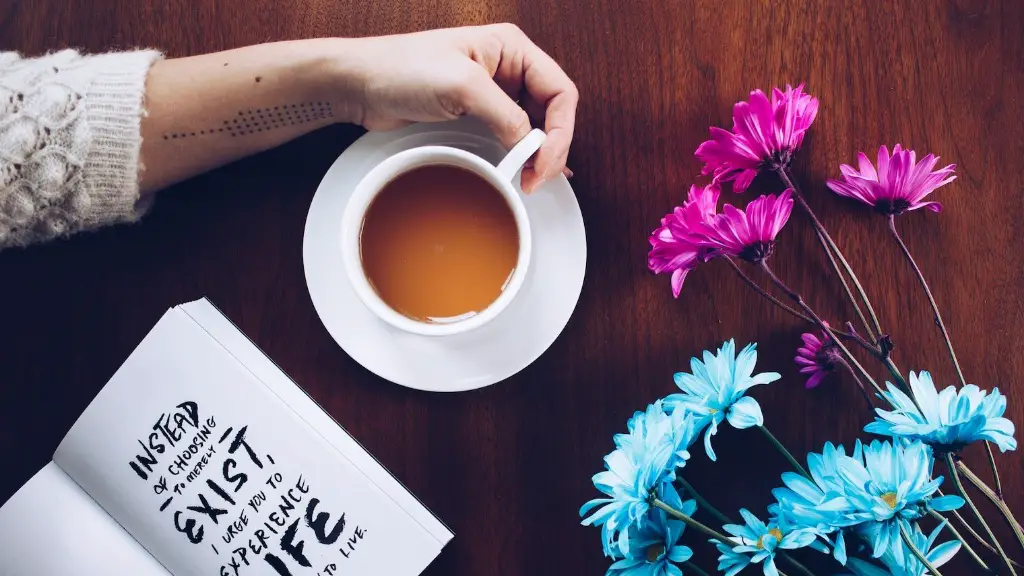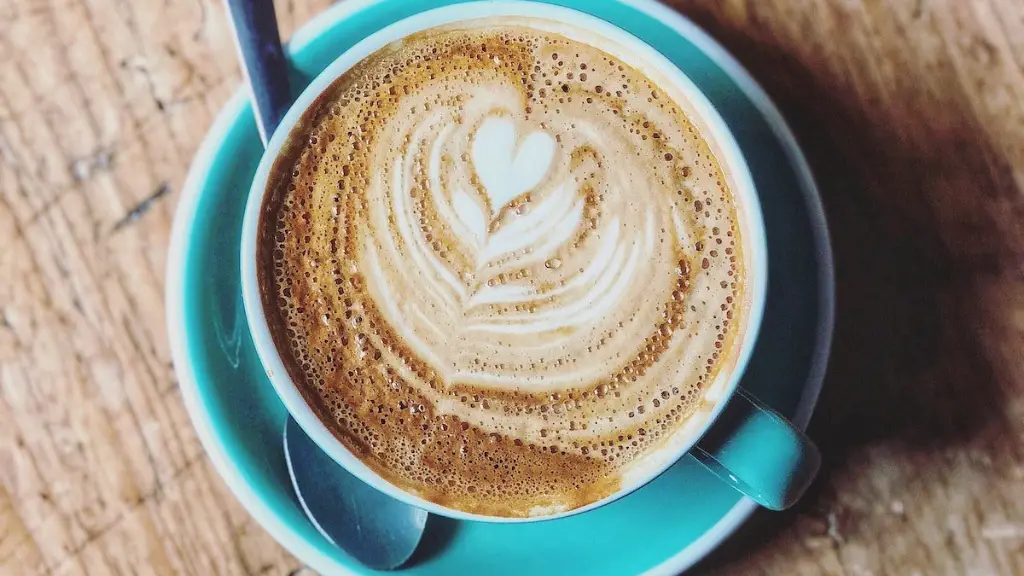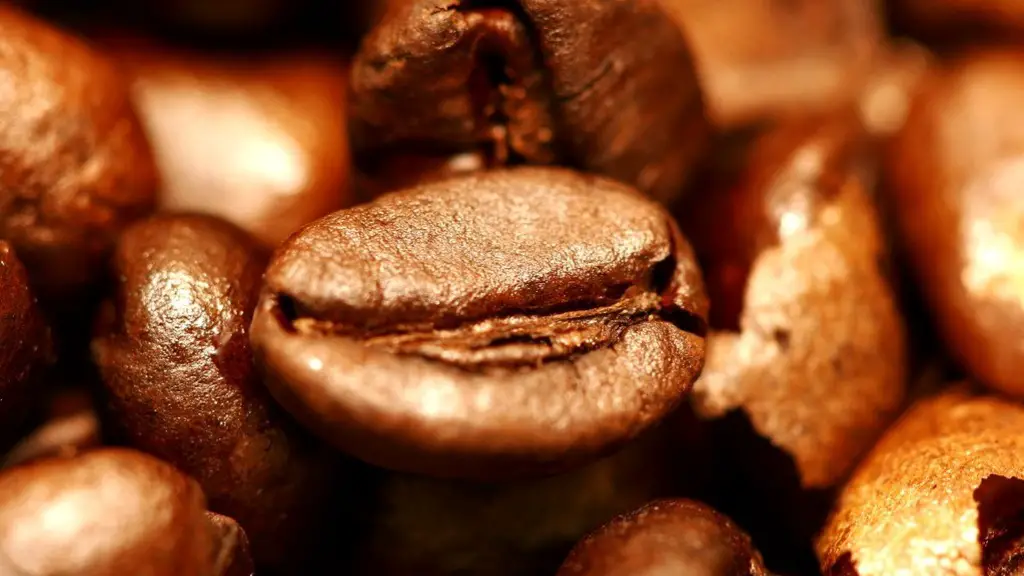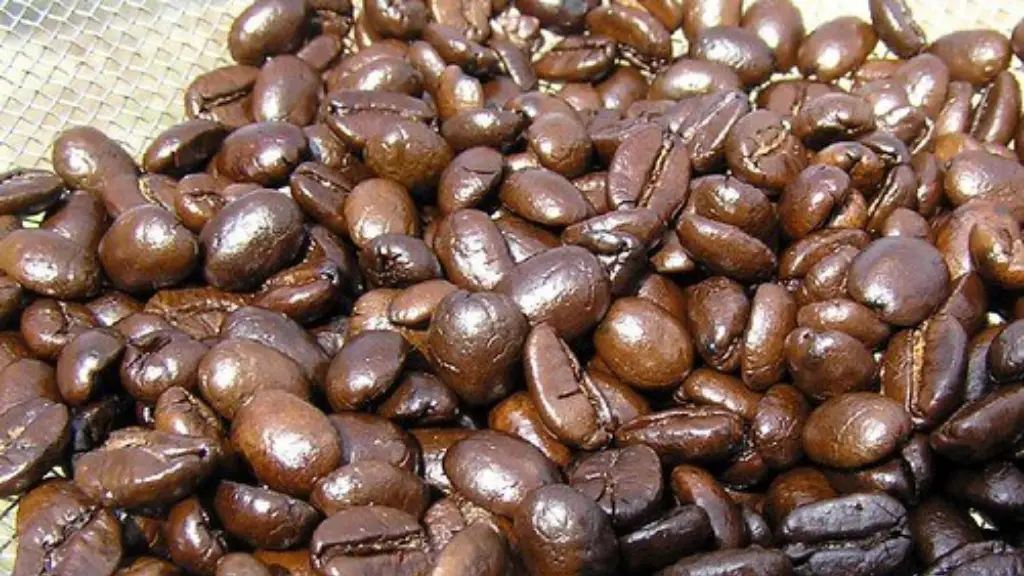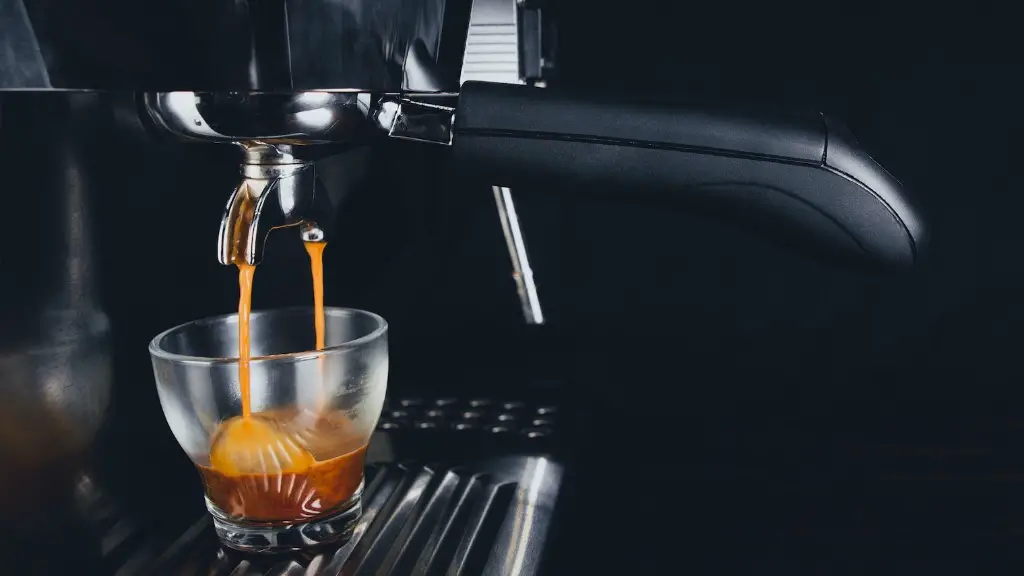Periods are an uncomfortable reality of life for many women, and facing them each month can be a difficult experience. However, many women have questions about how their menstrual cycle affects their diet, especially when it comes to drinks. Many women wonder whether they can drink coffee while they are on their period.
Most experts agree that yes, you can drink coffee while on your period. Caffeine can act as a pain reliever and energy booster, which might make your period more bearable. The American College of Obstetricians and Gynecologists (ACOG) have specifically endorsed the health benefits of caffeine, so it is perfectly safe for you to consume in moderation during your period.
However, everyone is different, so it’s important to listen to your body. Some women may find that the energizing effects of caffeine actually make their period worse. This is because caffeine can increase blood flow and make menstrual cramps more painful. If this is the case, then it’s better to avoid caffeine while on your period.
It’s also important to remember that too much caffeine can be bad for your health. The ACOG recommends no more than 200 milligrams of caffeine a day during pregnancy and for women who are breastfeeding. So, it’s advisable to stick to this limit even if you’re not pregnant or breastfeeding. In general, it is best to consume caffeine in moderation and limit your intake to 2-3 cups of coffee a day.
It is recommended to be mindful of the type of coffee you’re consuming. Black coffee is a much healthier option compared to coffee with sugar and cream. Cream and sugar add a lot of calories, which can make you feel bloated during your period. If you want to enjoy your coffee without feeling guilty, opt for black coffee or coffee with skim milk and sweetener.
Getting enough sleep is also very important when you’re on your period. Caffeine can improve alertness and focus, but it can also interfere with your sleep if you have it too late in the day. It is best to avoid having coffee after 4 pm.
In conclusion, it is perfectly safe to have coffee while you’re on your period, so long as you do it in moderation. It is always advisable to listen to your body and stop if you feel it’s too much for you. Be mindful of the type of coffee you’re drinking and limit your consumption to 2-3 cups a day.
Coffee Intake During Menstruation
The caffeine content of coffee can boost energy levels and help to reduce feelings of tiredness or fatigue, two very common symptoms of menstruation. Research suggests moderate coffee consumption (3-4 cups from brewed coffee or 2-3 from espresso coffee) is safe for women and can alleviate symptoms of menopause but you should always ensure you monitor the caffeine intake to avoid unwanted side effects.
The effects of caffeine on the body can vary, depending on your health status, lifestyle and general tolerance. There are certain women who may experience an adverse reaction to caffeine, resulting in excessive nausea and stomach pains. Logically, you should avoid drinking coffee especially in the evening when you are trying to relax and improve chances of falling asleep.
Caffeine in coffee can act as a diuretic, meaning it will make you go to the bathroom more frequently. If you are already dehydrated due to your period, it can make matters worse. Dehydration during periods can lead to fatigue, chills, cramps and headache. Reducing your coffee intake to one standard cup a day can ensure you don’t increase chances of suffering from dehydration.
Coffee Alternatives During Menstruation
If you’re not a fan of coffee but want to gain the same energizing effects, there are plenty of alternatives. Herbal tea is one of the best alternatives to drink during your period. Herbal teas are naturally caffeine-free and can be very soothing for cramps and period pains. Some of the best herbal teas to have during your period are ginger, chamomile and peppermint.
Green tea is another great alternative. It contains a small amount of caffeine, which can provide energy without the jitters associated with coffee. Green tea is also packed with antioxidants, which can help to reduce inflammation, a common symptom of period pains.
Bone broth is an incredibly nourishing drink and can help to replenish vital minerals lost during your period. It’s easy on the stomach and can be a great way to rehydrate. Lastly, water is essential for keeping your body healthy and hydrated. Drink at least eight glasses of water a day to feel energized and reduce cramps.
Coffee Addiction During Menstruation
One of the main concerns with coffee is that it can be habit-forming. Women who drink a lot of coffee may find it hard to go without, even during their period. If you find yourself having too much caffeine, it is advisable to cut back slowly and find alternatives such as herbal teas and water. Alternatively, you can try decreasing your intake slightly throughout the month before your period, so that it is easier to limit your caffeine intake when it is that time of the month.
It’s important to remember that everyone is different and so, it’s important to listen to your body and know what works for you. Some may find that the energizing effects of caffeine is beneficial for their menstrual cramps, but some will find that it makes them feel worse. So, it’s always important to pay attention to your body and make adjustments accordingly.
Coffee For Menstrual Migraine
Menstrual migraine is a common type of migraine that occurs between one and two days before your period begins, and can last up to three days. If you experience migraine with aura, it is recommended to avoid caffeine altogether to reduce frequency, duration and intensity. However, if your migraine is without aura, moderate coffee consumption (up to 2 cups a day) may help to reduce intensity and duration.
Caffeine can also be used to treat symptoms if you don’t suffer from prolonged headaches. Analgesics such as ibuprofen should be taken within 1 to 2 hours of a migraine attack and should be combined with caffeine for maximum relief.
Caffeine may be effective in treating other menstrual-related issues like headaches, but it’s important to be aware of the potential side effects of too much caffeine intake. As mentioned previously, it should be consumed in moderation and supplemented with healthier alternatives.
Other Ways to Manage Menstrual Pain
Other than drinking coffee, there are many ways you can reduce the pain associated with your period. Heat is one of the best natural pain relievers and it can help to relax tense muscles. Applying a heat pad on your abdomen or lower back can help to reduce period-related cramps.
Exercise has also been shown to reduce pain and improve overall energy levels. Moderate cardio, stretching and strength exercises can help to counteract the effects of period-related fatigue. Additionally, getting enough sleep is key to reducing pain and feeling more energetic. Aim to get at least 8 hours of sleep a night, if you can.
Meditation and relaxation techniques can also be helpful for alleviating the pain associated with cramps. Relaxation techniques such as mindfulness, deep breathing and visualization can help to reduce stress and anxiety, which can worsen the pain. Lastly, a healthy diet can be beneficial for reducing fatigue and minimizing symptom intensity.

